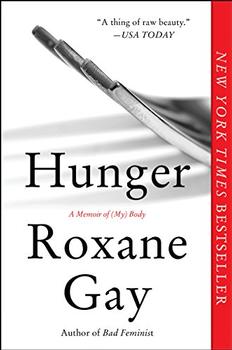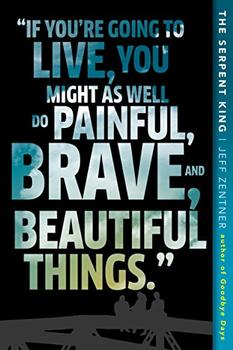Summary | Excerpt | Reviews | Beyond the book | Read-Alikes | Genres & Themes | Author Bio

A Memoir
by Garrard ConleyGrowing up in rural Arkansas, Garrard Conley did not quite fit the mold of his strait-laced, fundamentalist parents' idea of the perfect son. Why? He was gay – a fact that caused him and his family a lifetime of misunderstanding and shame. In his memoir Boy Erased, Conley recounts his parents' attempt to purge him of his homosexuality through Love in Action (LIA), a Christian-based program designed to "correct people's sexual deviations."
At age 19, Conley was a freshman in college when he was outed by a former friend. Full of self-hate for his own homosexuality, Conley's friend (named David in the book) called Conley's mother and informed her that her son was "disgusting" and "a monster." The revelation was a shock to the family because Conley had a girlfriend in high school; a relationship that he admits was comforting for its societal acceptance, but also a lie because he knew his true feelings.
To reform their son, Conley's parents sign him up for Love in Action (see Beyond the Book). He is sent to a two-week LIA program to see if he can be brought back to the path of heterosexuality. Though his time at LIA is brief, it leaves him emotionally scarred and mentally disillusioned.
Boy Erased is a poignant non-fiction work. Conley's struggle to be a good son and devoted Christian while coping with his homosexuality is powerfully explored, as is his parents' inability to cope with their son's sexual orientation. Conley's father, an ordained minister, clearly loves his son, but upon learning that he is gay, he tells him: "You'll never step foot in this house again if you act on your feelings. You'll never get an education."
Conley, whose faith was strong, rarely expresses anger with God. Instead, his confusion at how to reconcile his faith with his homosexuality takes the form of a void. At first, he explains, "Though I worried that God might chose to stop visiting me altogether, that I might have damaged our relationship beyond repair, I also knew there was no going back." Later, when he feels that his relationship with God is slipping away, Conley posits, "I'm afraid because I think I've already lost God. God's stopped speaking to me, and what am I supposed to do without Him?"
Conley's writing is clever and, at times, his florid analogies cut through the seriousness of his difficult plight. When he discusses his efforts to become invisible like Fyodor Dostoyevsky's Underground Man (a character in Notes from Underground) and to hide his supposed sins, Conley writes, "If I didn't say too much, if people didn't notice me, then I might also escape God's roving Sauron eye." This reference is to the character Sauron, whose flaming eye sees all, in J.R.R. Tolkien's Lord of the Rings trilogy; it is also a nod to Conley's love of literature.
If Boy Erased has a shortcoming, it is its organization. Instead of a straight chronological telling of his journey, Conley begins with his admittance to LIA in June 2004, and then skips around in time to explain what led him there. At times, he even jumps forward to reveal a few outcomes, especially with regards to his relationship with his parents. While the book's organization will not necessarily cause the reader any confusion, Conley's story may have been better served with a straight-forward chronological narration.
Boy Erased is a solid work, and it begs to be read and understood by both the gay and straight communities.
![]() This review was originally published in The BookBrowse Review in August 2016, and has been updated for the
May 2017 edition.
Click here to go to this issue.
This review was originally published in The BookBrowse Review in August 2016, and has been updated for the
May 2017 edition.
Click here to go to this issue.

If you liked Boy Erased, try these:

by Roxane Gay
Published 2018
From the New York Times best-selling author of Bad Feminist, a searingly honest memoir of food, weight, self-image, and learning how to feed your hunger while taking care of yourself.

by Jeff Zentner
Published 2017
A touching debut chronicles the coming-of-age of three high school seniors, misfits and best friends in a sepia-toned portrait of small-town life.
Your guide toexceptional books
BookBrowse seeks out and recommends the best in contemporary fiction and nonfiction—books that not only engage and entertain but also deepen our understanding of ourselves and the world around us.